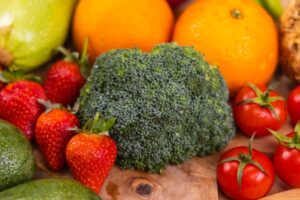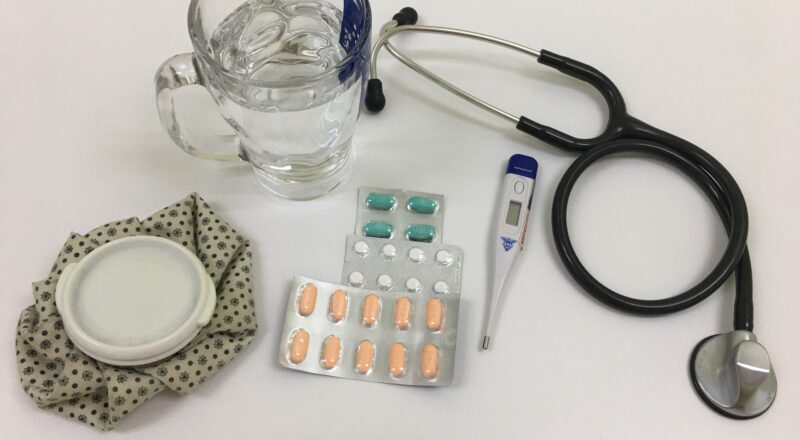Have you been feeling a little low lately? Maybe you’re more tired than usual, getting frequent headaches, or just feeling weak in general. If you are experiencing these symptoms frequently you may have an iron deficiency!
According to Medline Plus, “Iron is a key part of red blood cells. Without iron, the blood cannot carry oxygen effectively.” Iron is an important function for everyone’s bodies and helps carry oxygen around your body through blood.
So what could be causing this deficiency?
Because an iron deficiency has to do with your blood cells, a loss of blood can cause an iron deficiency. Mayo Clinic explains, “Blood contains iron within red blood cells. So if you lose blood, you lose some iron.” This can be from things like heavy menstruation cycles, ulcers, hernias, polyp, and more.
 If you are not eating iron-rich foods, you could get an iron deficiency. In order to make sure you are getting enough iron, you need to regularly consume iron in your diet. According to the American Society of Hematology, several ways to increase iron in your diet is by eating, red meat, poultry, fish, leafy greens, legumes, and iron-enriched foods.
If you are not eating iron-rich foods, you could get an iron deficiency. In order to make sure you are getting enough iron, you need to regularly consume iron in your diet. According to the American Society of Hematology, several ways to increase iron in your diet is by eating, red meat, poultry, fish, leafy greens, legumes, and iron-enriched foods.
Another reason some people get an iron deficiency is that they can a condition that doesn’t allow their body to fully absorb iron. WebMD states, “Conditions like celiac disease, ulcerative colitis, or Crohn’s disease can make it harder for your intestines to absorb iron.” If your intestines are not functioning properly, your body may be unable to absorb all the iron that it needs.
Are iron deficiencies common?
Iron deficiencies are common but more people are at higher risk than others.
Women are often at a higher risk as they lose blood during their periods and also can experience a drop of iron levels during pregnancy.
drop of iron levels during pregnancy.
Vegetarians are also people who are at high risk for an iron deficiency. This is because meat is a source of iron and they are not eating it. They need to make sure they are eating iron-rich plant foods like leafy greens and legumes in order to get their iron levels back up.
Children can also be at risk for an iron deficiency as they might not get as much iron as they need while they are growing. It is important to make sure they are eating a diet with a variety of nutrients.
People who donate blood frequently can increase their risk of an iron deficiency as they may be losing too much blood. These people should consult with their doctor and watch for any symptoms.
What can you do?
In order to make sure you are getting enough iron, you should eat iron-rich foods. This includes meat, seafood, beans, green vegetables, iron-fortified foods, and more. Eating iron-rich foods each day will help make sure you are getting the amounts you need and help you to be able to naturally increase your levels of iron.
In order for your body to better absorb iron, you also need to be getting enough vitamin C. Eating the iron-rich foods mentioned above in addition to foods high in vitamin C will enhance your absorption of the iron you are consuming. Mayo Clinic states that you should be eating foods high in vitamin C like broccoli, grapefruit, kiwi, leafy greens, melons, oranges, peppers, strawberries, tangerines, and tomatoes.
Do your best to eat a balanced diet with a variety of nutrients including iron and vitamin C. If you are still feeling off, get help from a medical professional. They will be able to run tests to determine if your iron levels are low and what could be the cause of your deficiency. They will make recommendations on how to change your diet or let you know if you need to supplement iron.
Sources:
https://medlineplus.gov/ency/article/000584.htm
https://www.hematology.org/education/patients/anemia/iron-deficiency
https://www.mayoclinic.org/diseases-conditions/iron-deficiency-anemia/symptoms-causes/syc-20355034

